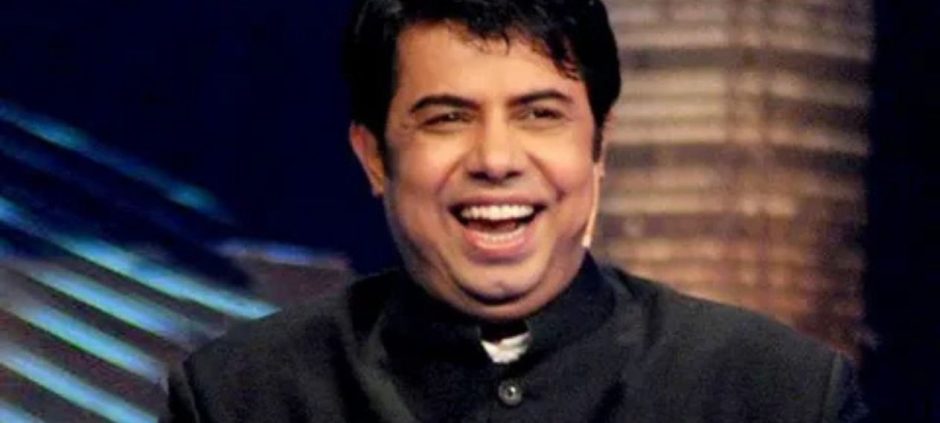In a candid revelation, comedian Naseem Vicky has shed light on the hardships of theatre performers, urging the public to see beyond the laughter and applause. Drawing from decades of experience in Pakistani theatre, he described the profession as one born of compulsion, not choice, a path many take out of necessity rather than desire.
Naseem Vicky begins early in his remarks with the hardships of theatre performers, emphasizing that the glamour seen on stage masks deep struggles.
He explained that many stage artists and dancers come from impoverished backgrounds, carrying heavy family burdens. Some suffer from illness. Some are pushed into extreme performances for economic survival.
Key Highlights
- Many artists work without proper contracts, medical support, or basic financial security.
- Performers often bear social stigma, especially female dancers, who face moral judgment.
- The desperation leads some to cross personal thresholds they would otherwise avoid.
- Vicky admitted that he discouraged his own wife from continuing on stage after their marriage.
- He admits he avoids giving career breaks to female artists out of concern over exploitation.
Vicky’s tone was not one of condemnation, but of empathy. He asserted that the public rarely witnesses what truly takes place behind the curtains.
A Parallel Memory: Sardar Kamal’s Ominous Words
In a related reflection on performers’ lives, a viral discussion has emerged around whether famed actor Sardar Kamal had a premonition of his own death. The discussion was sparked by a late interview he gave, one that many fans now feel foretold his departure.
In that interview, Kamal spoke about transferring the ownership of his home to his son ahead of time, urging him to guard it as a legacy. Many interpreted those remarks as having an eerie finality.
While Vicky’s remarks focus on the living, their hardships, sacrifices, and silences, the Sardar Kamal narrative underscores how performers sometimes carry personal burdens they never fully reveal until the end.
Naseem Vicky’s revelations are likely to reopen debates about the support structure (or lack thereof) for theatre artists in Pakistan. His call for empathy may resonate particularly strongly now, when the public’s gaze often rests only on the spectacle, not the shadows.










